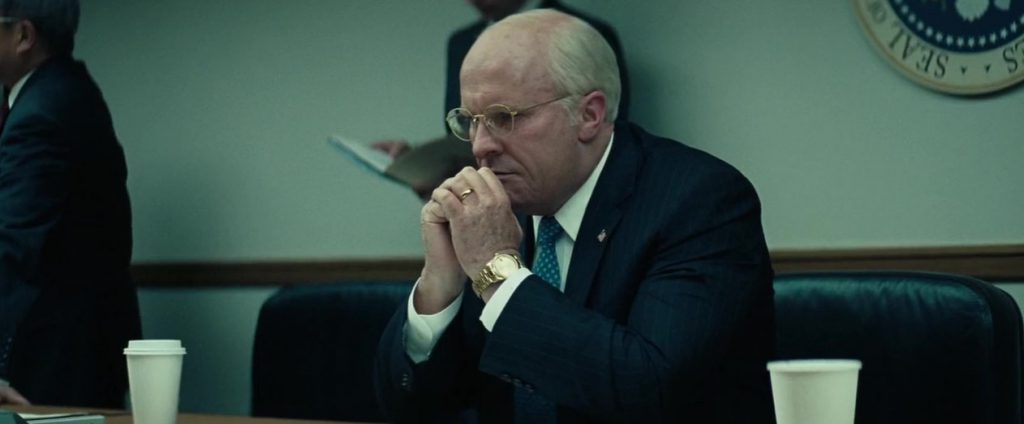Politics Do Not Have To Invade Media
With us living in a political time (or hellscape, depending on your interpretation), it is bound to have an effect on the content we consume. However, as certain issues become political flashpoints, the level of that content has increased exponentially, creating a political entertainment bubble that has varying degrees of success.
In every medium of pop culture, we are continuously surrounded with content that, while not strictly political in nature, has increasingly added politics to its delivery. Late-night show monologues, once skilled at balancing the news of the day in every topic, have narrowed in on the politics of the day. Broadway shows have been created or changed to add politics (the latest, Hillary and Clinton with Laurie Metcalf and John Lithgow, opened last month). And, in perhaps the most direct manner, film and television projects have reflected the political divide unambiguously.
However, the question remains about whether or not these projects are good for the public sphere. Most news coverage consumed by people are rooted in political stories, whether it’s the latest tweet sent by President Donald J. Trump or the seemingly hundredth candidate entering the race for the Democratic nomination in 2020. Politics is a beast cornering the population into a corner, so it’s not entirely known whether that needs to be added to.
A shining example are award shows. Ratings for many award shows have fallen flat or decreased, a trend largely attributed to the political nature of the events. Whether it’s the host making sharp jabs at the President’s expense or the award-winners themselves in their speeches, audiences have grown tired of the politics. Notably, in a year where there was no host and stars were shuffled along the stage to keep pace, the 2019 Oscars’ ratings actually increased.
But that’s not to say all politically-themed content is bad. Audiences leaped at American Horror Story: Cult which expanded on a violent group terrorizing a suburb in the aftermath of Trump’s win. Vice, Adam McKay’s quasi-satire on Dick Cheney’s life, told its story through a modern political lens, leading it to eight Oscar nominations. Jordan Peele’s first two films, Get Out and Us, lead audiences to begin delving deeper into the commentary expressible through horror. And one would be remiss to not mention Hamilton, which told the Founding Father’s story through the lens of an ethnically-diverse cast and hip-hop.
The balanced nature of these will be harder to maintain, especially as we get closer to the 2020 election cycle. In such a case, the best course of action would be to seek out more neutral content, creating a consumption of mediums both political and non-partisan.




